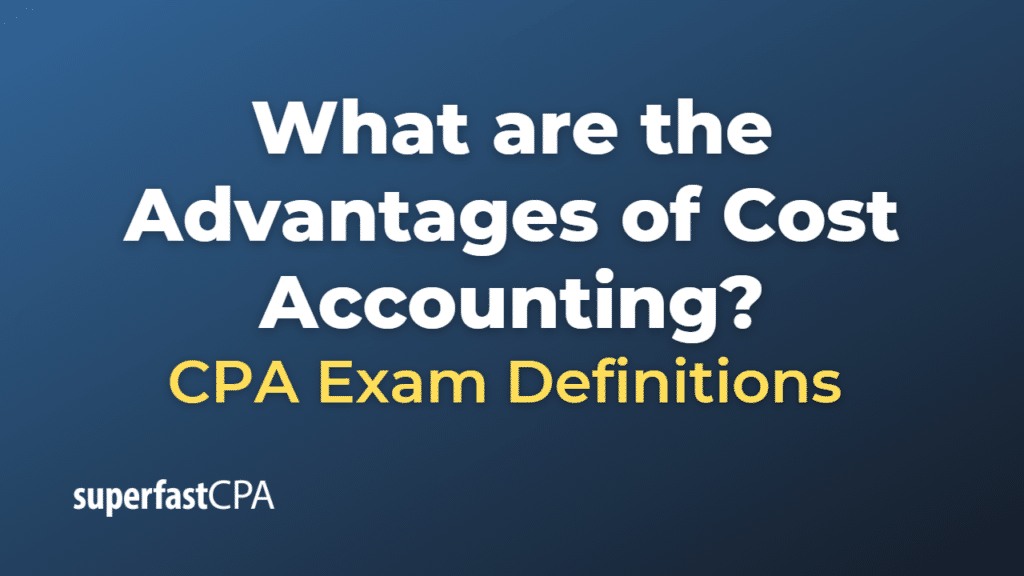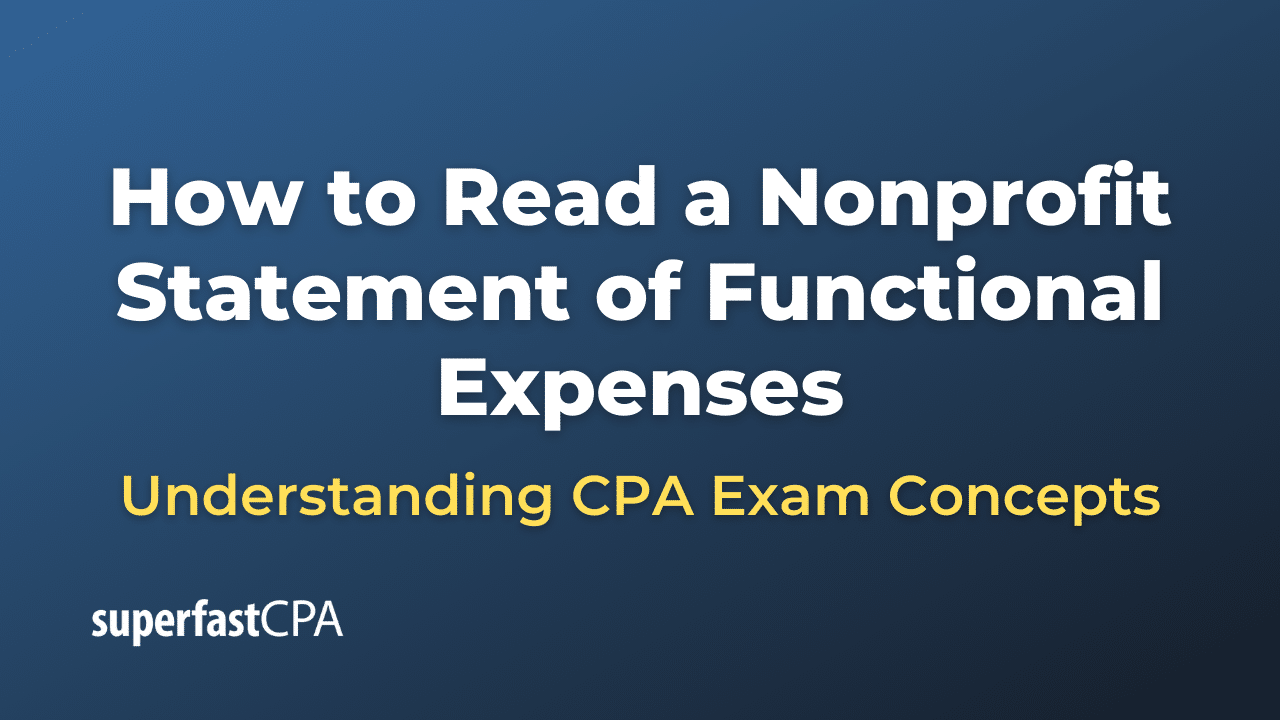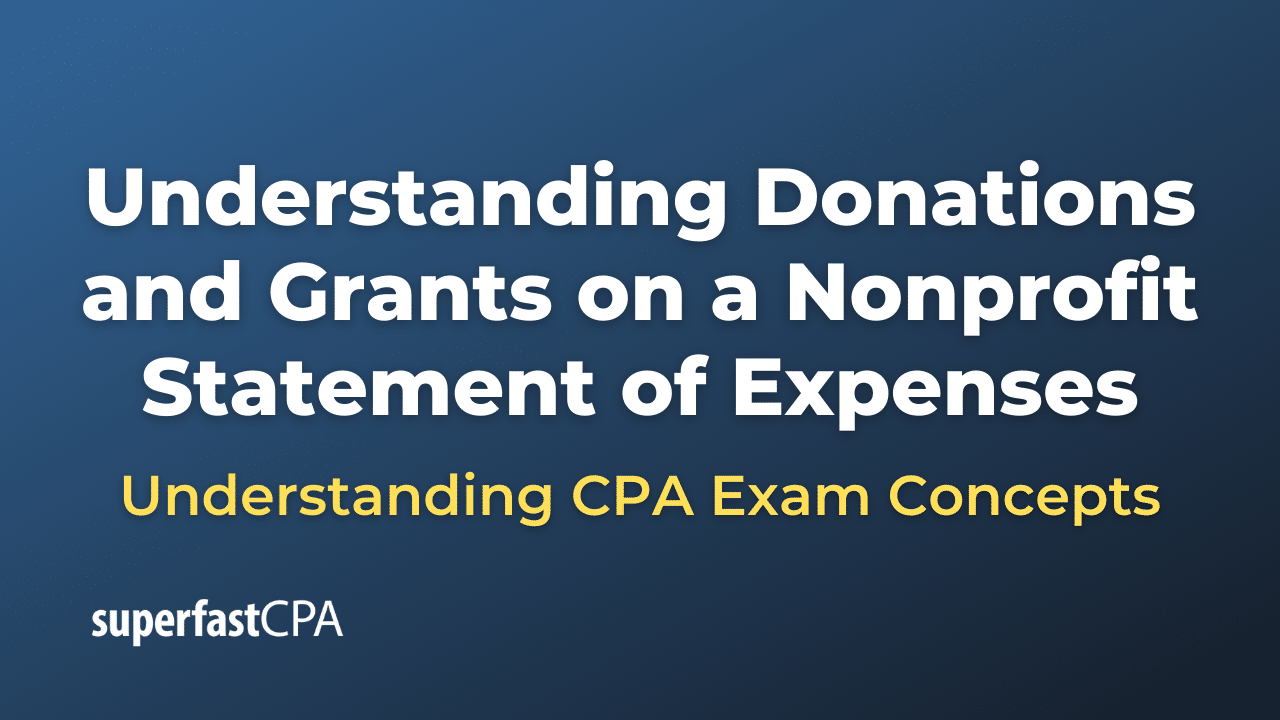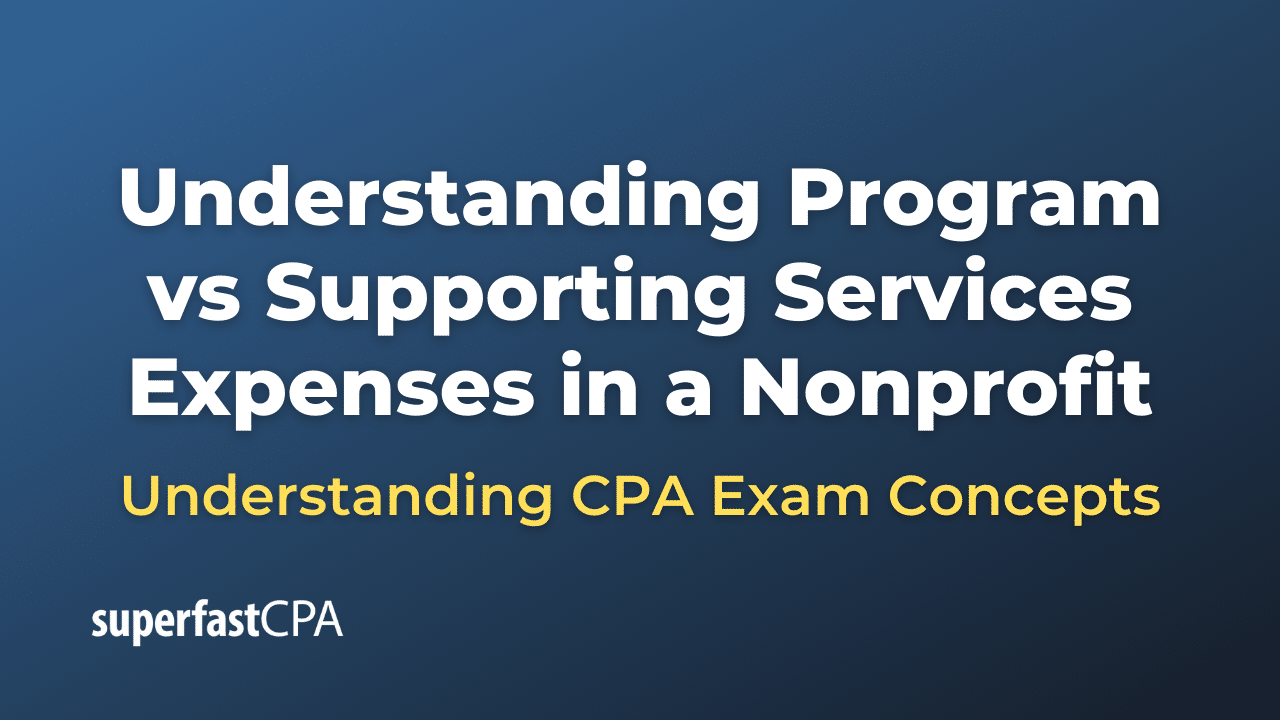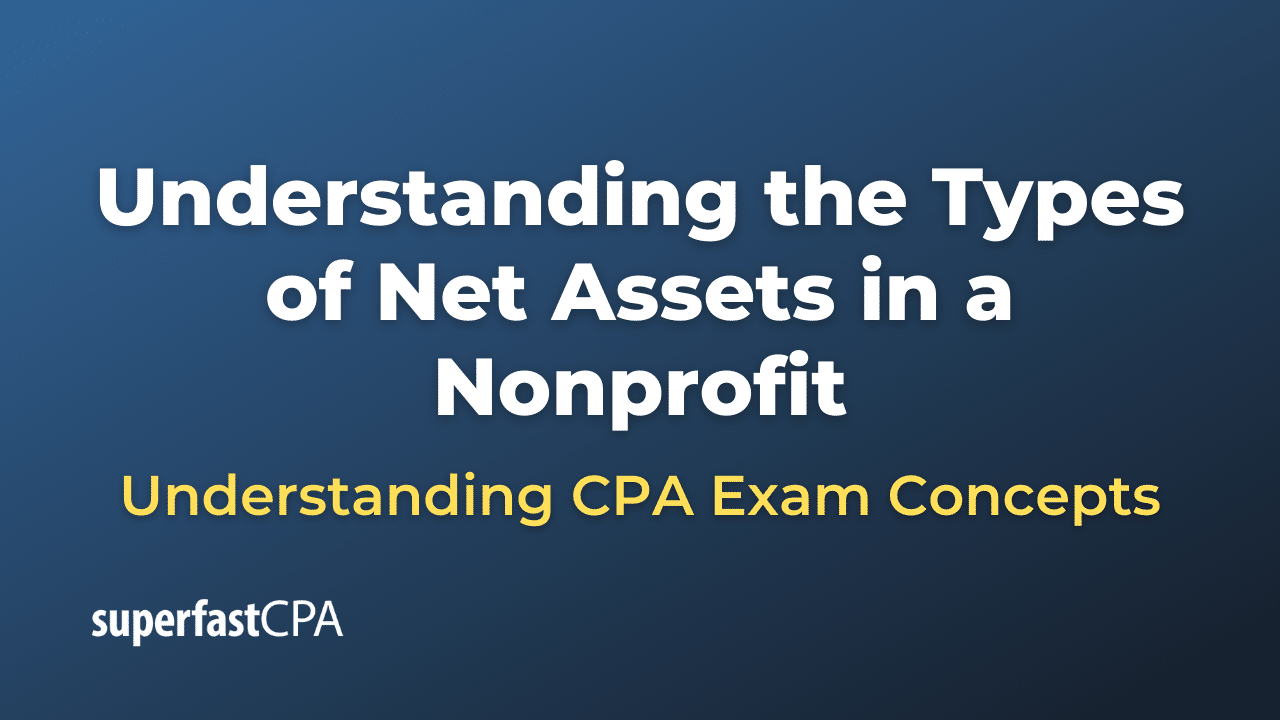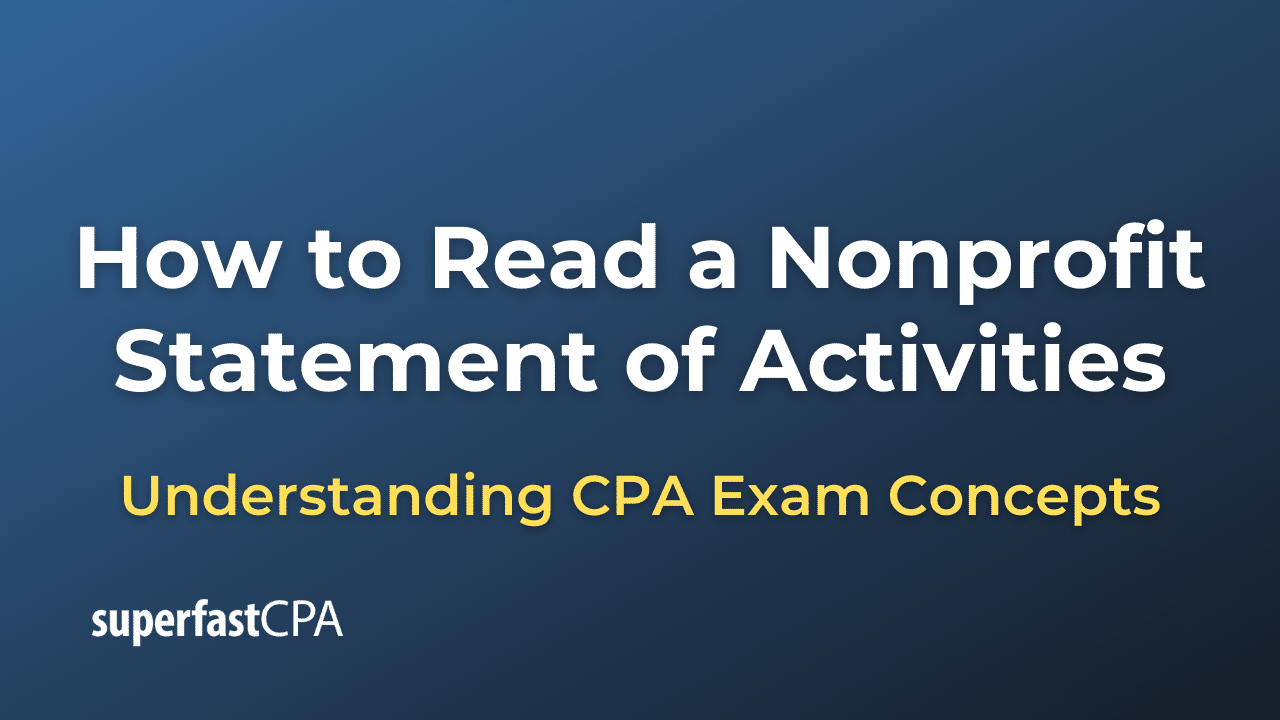Advantages of Cost Accounting
Cost accounting provides several advantages for businesses, including:
- Improved decision-making: Cost accounting helps businesses understand the costs associated with producing goods and services. This information is crucial for making informed decisions, such as pricing, product mix, and resource allocation.
- Cost control: By identifying and analyzing the various costs incurred in the production process, cost accounting helps businesses identify inefficiencies and areas where costs can be reduced or controlled, leading to improved profitability.
- Budgeting and forecasting: Cost accounting is essential for creating accurate budgets and financial forecasts. It helps businesses estimate future expenses and revenues, set financial targets, and allocate resources more effectively.
- Performance measurement: Cost accounting allows businesses to compare the actual costs of production against the budgeted or standard costs. This information can be used to evaluate the performance of individual departments, processes, or employees, and identify areas for improvement.
- Inventory valuation: Cost accounting provides accurate information on the cost of inventory items, allowing businesses to determine the value of their inventory and make better decisions regarding inventory management, such as when to reorder items or discontinue slow-moving products.
- Cost allocation: Cost accounting helps businesses allocate costs to different departments, products, or projects. This enables businesses to understand the true cost of each product or service, which is essential for pricing decisions and profitability analysis.
- Break-even analysis: Cost accounting helps businesses determine their break-even point, which is the level of sales required to cover all fixed and variable costs. This information is crucial for assessing the viability of new products or expansion plans.
- Product profitability analysis: By identifying the costs associated with each product, cost accounting allows businesses to analyze the profitability of individual products and focus on the most profitable ones, leading to higher overall profitability.
In summary, cost accounting provides businesses with valuable insights into their financial performance, enabling them to make better decisions, control costs, and ultimately improve profitability.
Example of the Advantages of Cost Accounting
Let’s consider a fictional company, ABC Manufacturing, that produces three types of widgets: A, B, and C. The management of ABC Manufacturing wants to understand the profitability of each product to make informed decisions about production levels and pricing. To do this, they use cost accounting.
First, they analyze the direct costs of producing each widget, which include material, labor, and manufacturing overhead costs. They find the following direct costs for each widget:
- Widget A: $5 in material costs, $3 in labor costs, and $2 in manufacturing overhead costs.
- Widget B: $6 in material costs, $4 in labor costs, and $3 in manufacturing overhead costs.
- Widget C: $8 in material costs, $5 in labor costs, and $4 in manufacturing overhead costs.
Next, they analyze indirect costs, such as administrative expenses, and allocate them to each product based on an appropriate cost driver (e.g., labor hours). They find that the indirect costs allocated to each widget are as follows:
- Widget A: $1
- Widget B: $1.5
- Widget C: $2
Now, they calculate the total cost of producing each widget:
- Widget A: $11 ($5 + $3 + $2 + $1)
- Widget B: $14.5 ($6 + $4 + $3 + $1.5)
- Widget C: $19 ($8 + $5 + $4 + $2)
With this information, ABC Manufacturing can analyze the profitability of each widget by comparing the total cost of production to the selling price. If they find that one product is significantly more profitable than the others, they may decide to focus more resources on producing that product. Alternatively, they may consider adjusting the pricing of less profitable products or finding ways to reduce their production costs.
In this example, cost accounting has provided ABC Manufacturing with valuable insights into the costs associated with each product, enabling them to make informed decisions to improve their overall profitability.

